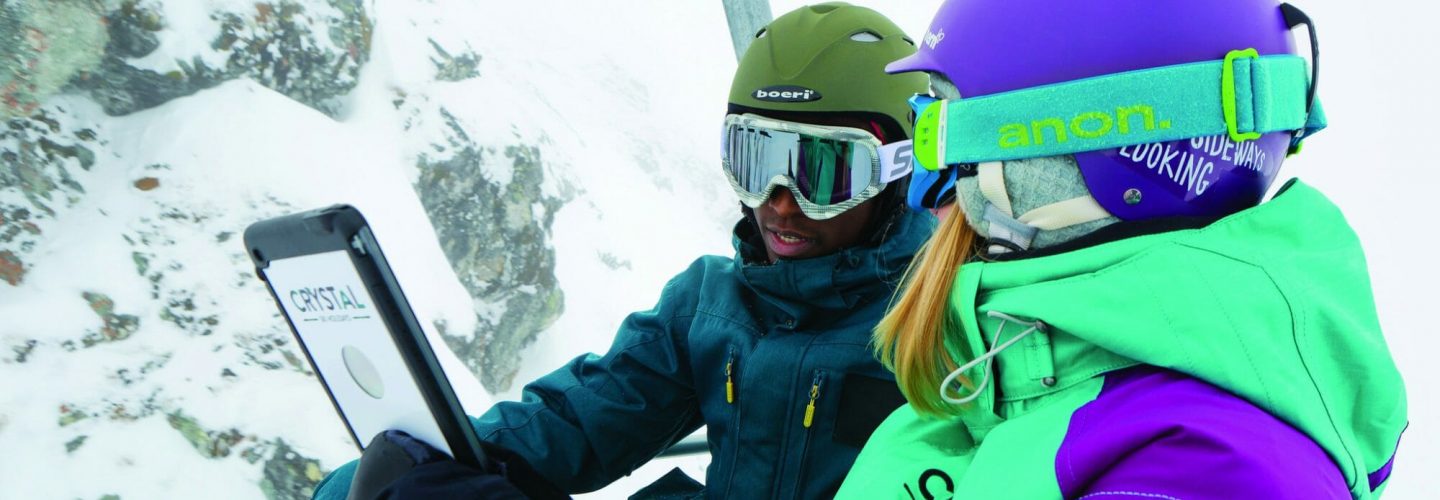A new study of data on head injuries has found that the increasing use of helmets by skiers and boarders has reduced the overall number of head injuries, but not so much more serious injuries leading to traumatic brain injury or death.
Head injury is reported to be the leading cause of death and catastrophic injury among skiers and snowboarders and accounts for three to 15 percent of winter sports-related injuries. The report’s other findings included that helmet wearers were less likely to suffer injuries to other parts of their body than non-helmet wearers too.
The new study by the Centre de recherche de l’HSCM in Montréal and published in Wilderness & Environmental Medicine did find that non-helmet-wearing participants were more likely to sustain head injuries than helmet-wearing participants but found the effect of helmet use on the risk of traumatic brain injury was “not significant.”
Investigators assessed the effect of helmet use in 30 French ski resorts between 2012 and 2014. Interviews were also conducted on the slopes with people without injuries. Two sets of cases (1,425 participants with traumatic brain injuries and 1,386 with other head injuries were compared with two sets of controls (2,145 participants without injury and 40,288 with an injury to another part of the body).
One interesting finding was that those wearing helmets were also less likely to injure other parts of their body too, seeming to contradict a theory that those wearing helmets would take greater risks as they perceived the helmets made them safer.
“The reduced risk of non-head injury in helmet wearers was surprising because the helmet does not protect other parts of the body,” commented Dr Nicolas Bailly, PhD, of the Laboratoire de recherche en imagerie et orthopédie in Montréal who led the study, adding, “This result suggests that helmet users take less risk than those who do not use helmets. This contradicts the ‘risk compensation theory,’ which implies that the perception of being protected by the helmet might lead people to take more risks.”
The study found participants with low skill levels, those aged less than 16 and over 50 years, and snowboarders, were at higher risk of head injury. Collisions and accidents in a snow park were more likely to induce head injury than other traumatic incidents.
“This study also poses important questions to the scientific community and to helmet manufacturers about how helmets can be improved to better protect from concussion,” concluded Dr. Bailly.




